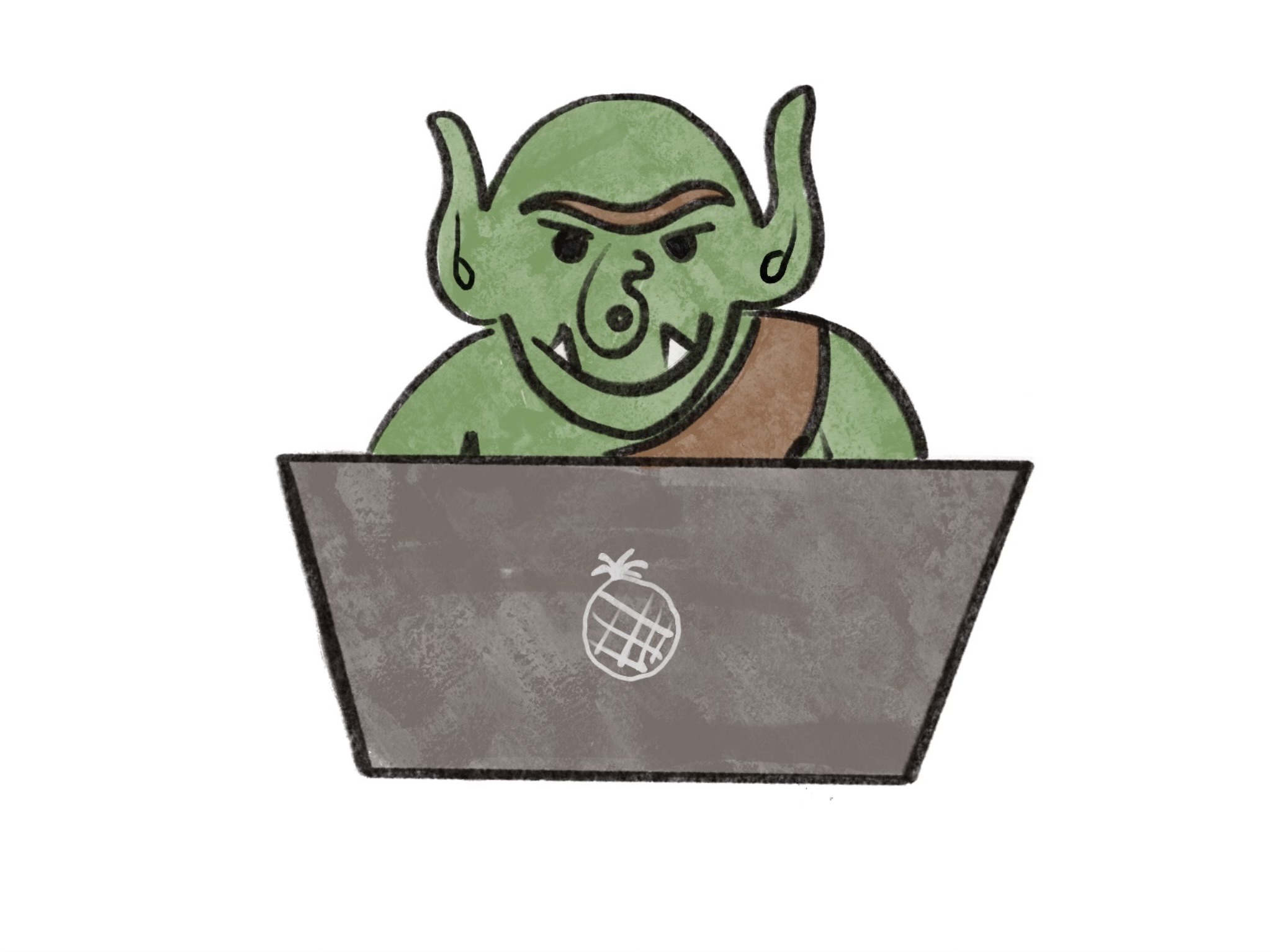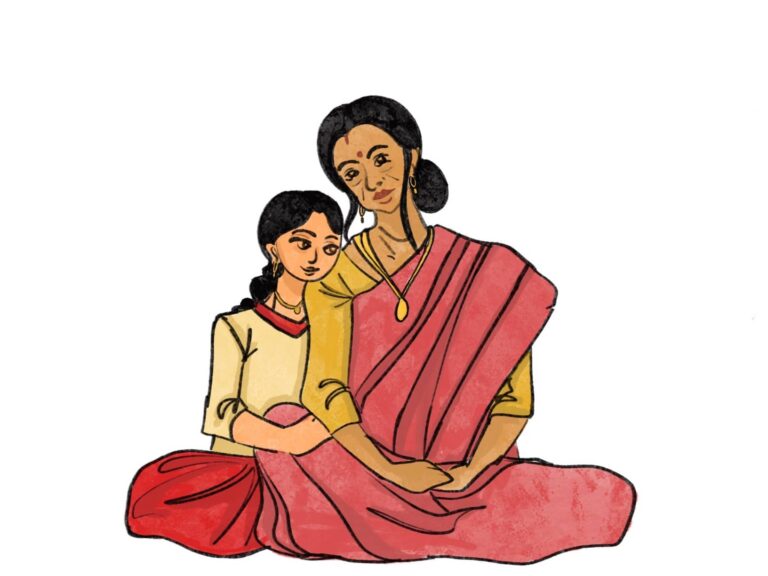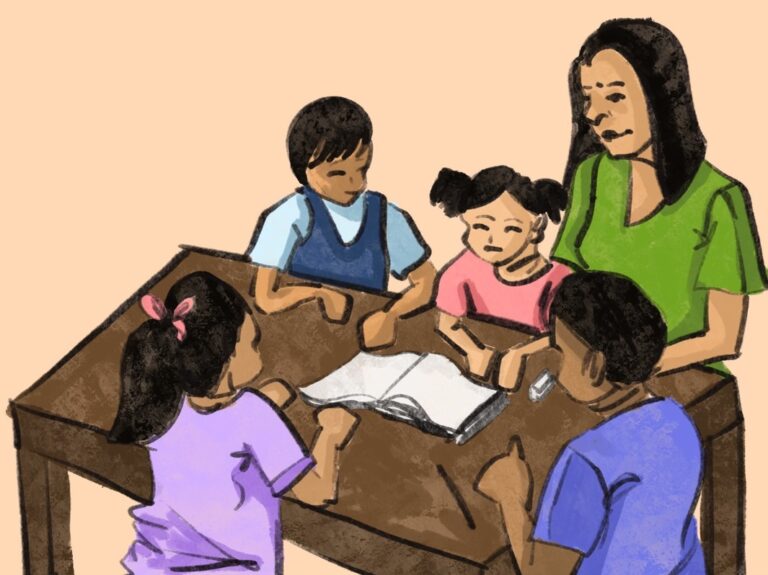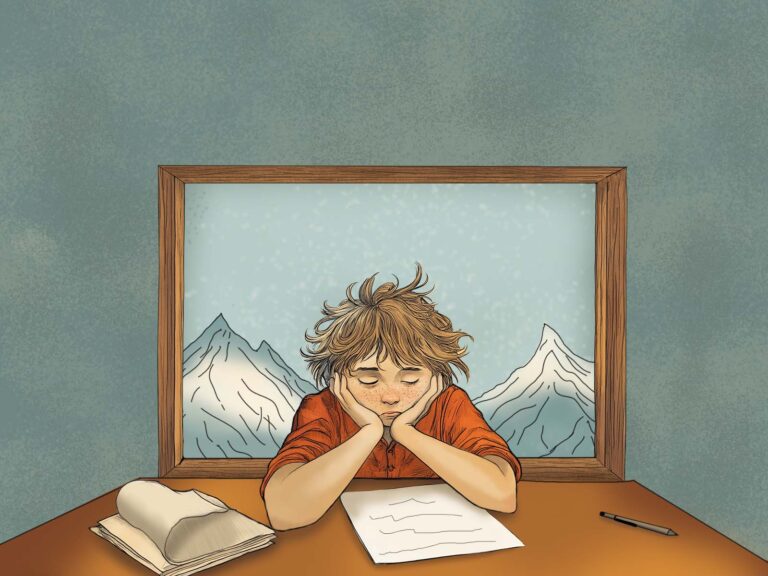Social media trolls: Mythical monsters in modern disguise
A few days back, I shared a job post on behalf of my client in various job posting forums and on social media platforms. Within a few minutes, I got a shocking and ugly response.
A guy started the conversation by posing as a candidate: “I am Arman (name changed), and I have diploma associated engineer in material Science & Metallurgy, and I have need a job in the steelmaking industry.”
It seemed he was looking for a job. I responded promptly and politely.
” Hello, What type of job are you looking for? What position?”
He responded with details of his present job role:
“Engineer in the steel melt shop. I have Asst. Engineer in electric arc furnace steelmaking of Daneily EBT.”
Since my client deals with the steel and metallurgy industry, I thought, “Ok, let’s converse a little more and find out what he wants.”
I asked, “How can I help you?”
He informed that his “CV is reached on concern department to be related steelmaking”.
As his intention was not clear to me, I told him, “I don’t understand.”
He replied, saying, “But aapne to apne profile me material Science and Metallurgy show Kiya hua he it’s mean aap bhe is field me involve he” (But you have mentioned material science and metallurgy in your profile which means you are from the same field.)
Of course, I am not from the field, as he claimed. I am a digital marketer, and it is written under my name. There’s nothing to hide.
At first, I thought it might be the job post I shared on groups. Yes, the post was related to the steel and metallurgy industry. But nowhere in my post, I mentioned that I belong to the same field. The guy must have made a mistake.
So to clear his doubts, I asked him to show proof of where he has seen my name is related to the steel and metallurgy field.
To my utter dismay, he replied with a nasty slap.
“Aapne change kardithi mere picture lene se pehle” (You have changed it before I could take a screenshot)
I became doubtful about his real intention now. By then, I have started checking his Facebook profiles for more details about him. I saw he is an engineer and has several engineer friends on his friend list.
His next question was, “Can you Urdu speak???”
I said, “No.”
“Mamla kya hai?” I started wondering.
“So, what is that you want from me? Why did you send a friendship request?” I asked him again.
“Sorry, I can’t understand,” was his reply.
I thought maybe he is not so good in English, so let me try in Hindi.
“Tum kya chantey ho?” I again asked him.
His reply was, “Aya na unth pahar k niche” (Now your arrogance is belittled)
The guy had finally shown his bare ugly face. He was insulting me. I didn’t feel emotionally aroused but felt relieved as his real intention was revealed. HE IS AN INTERNET TROLL.
Maybe he was belittled by a woman due to his weakness in English and thus made him revengeful. So, he chose my social profile as I am a woman. He wanted to belittle me to my own self to feel like he has taken sweet revenge! I felt utterly disgusted by the sick mentality of this guy.
Trolling is a phenomenon that has become rampant across online forums and Facebook pages in recent years. Comment sections or message boxes respect specific posts, and profiles are bombarded with insults, provocations, or threats.
According to Prof Mark Griffiths, director of the International Gaming Research Unit at Nottingham Trent University, “Online people feel anonymous and disinhibited. They lower their emotional guard and, in the heat of the moment, may troll either reactively or proactively.”
“It is usually carried out by young adult males for amusement, boredom, and revenge,” he adds.
These internet savages suffer from an emotionally unstable personality disorder (EUPD), who try to find soft targets to vent out their hidden anger. Their minds are like those mythological trolls – ugly, dirty, angry creatures that live in dark places waiting to snatch up anything that passed by for a quick meal.
Modern internet trolls keep themselves hidden behind their computer screens. They appear like comets, play havoc in online social your life, and then flee from the scene, leaving you emotionally hurt, angry, and frustrated. Then they retire back at their dark corner, chuckling at your “lachari” and “bebasi.”
Some Canadian researchers could link internet trolling with the “Dark Tetrad” of personality traits: narcissism, Machiavellianism, psychopathy, and sadism. I don’t think these four words need any explanation to you.
This is not the first time I have been trolled or insulted on Facebook. I have been a target from my old colleagues, friends, and even distant relatives who tried to get some pleasure doing it.
Dealing with internet trolls were never easy for me. At the very beginning, I was unable to identify these hidden monsters until they have created the mayhem. Slowly, after careful observations, I have been able to understand their patterns.
There are different types of trolls in this world. Not all are dangerous. But few are very irritating and often become “a pain in the neck.” So far, I have faced three types of intense trolling behavioral patterns in my life.
First one (I call them “the uglies”) come into a discussion and post comments designed to upset or disrupt the conversation. They directly attack their target with abusive words against anything he/she has written on the post. They are most commonly found on Facebook groups whose subjects are either politics or related to social issues. These trolls practically leave no stone unturned to search suitable posts and targets to unleash their bare teeth of hatred and sick mindedness. Their only intention is to provoke your conscience using hateful words till you blurt out your displeasure or anger against them. The more you try to argue with them, the more they will tease and taunt you with gibberish phrases.
The solution to stop them is simple. Avoid commenting against controversial posts, leave such groups where trolling is rampant and report about hateful speeches by using Facebook’s Report this post option. I tried it several times. It worked, and the hate speeches against me were removed quickly after reporting to the concerned authority.
The second category uses a more subtle technique to troll targets. They start with a related topic and then try to turn the attention of the goal away from it, luring him/her into some unrelated conversation, full of emotional remarks. I call them “the emotional atyachari“.
This particular group is very dangerous. Before you could identify their real intention, they have already taken over your mind and started to slow poison it against them. Very slowly and steadily, they will boil the pot of anger inside you. And at opportune moments, they will hurl one or two abusive phrases against you. This sudden attack will make you defensive, provoking you to reproach. And bam! They are right on target. If you criticize them, they will criticize you in the meanest ways possible. They are surprisingly very talented in finding out the psychological characteristics of their victims. They try to prove you are characterless or full of guilt and make you feel sorry for whatever you say against them.
Since these trolls are not easily identifiable at the beginning, one has to be very cautious about asking questions or answering them. If you find one single sign of diversion from the original topic, stops the conversation. If you are conversing through a chat box, block the troll. If it is against a post or post comment, try to block the person from further sharing his/her comments.
The third one is often called “The Retroactive Stalker” by netizens. These are the most dangerous ones. They try to find out any embarrassing/emotional post(s) you have made anywhere on the internet. They then link to the old post(s) to discredit you. My relative tried to do the same with me once, which forced me to break the relationship forever.
Now, what provoked me to write this article is that I felt unfortunate to lose such close associates due to their malicious behavior.
I have lost old friends as they came out to be trolls ultimately. I have kept myself away from certain colleagues both in-office and on social media as they found out every possible means to troll me whenever they could. I have to cut off relationships with a few dear old relatives as they tried to misrepresent my social identity through trolling on the internet deliberately.
I consider the act of trolling as a kind of malicious disease, a psychological disorder that is swiftly taking over the modern generations. Malignant cells divide without control and invade the nearby cells, tissues, and spread to the whole body leading to death. Just like that, the evil minds of these internet trolls affect the minds of their relatives, friends, and colleagues, spreading hatred among other members of the society through the internet’s social media platforms.
These “monsters in disguise” are increasing in number day by day, like zombies, infecting others, and making their victims suffer from mental agony. It is unlikely that such hateful behavior will be removed by imposing strict cyber laws. It is a socially infectious disease of the mind, and the society must take care of it, I believe. How? That is what society needs to figure out soon.
Featured Image Credits: Needpix









This is so scary.. and you brought out all aspects related to trolling so lucidly in your article that it is definitely worth a read!! Thanks Sayantani for this article!